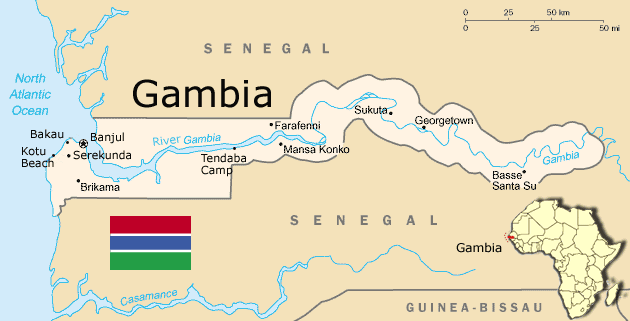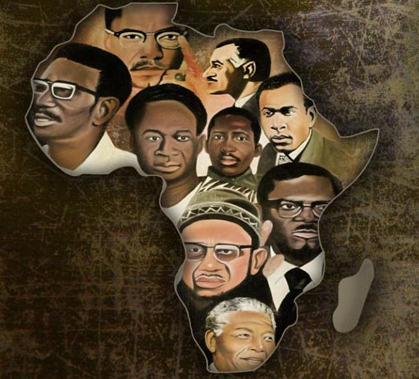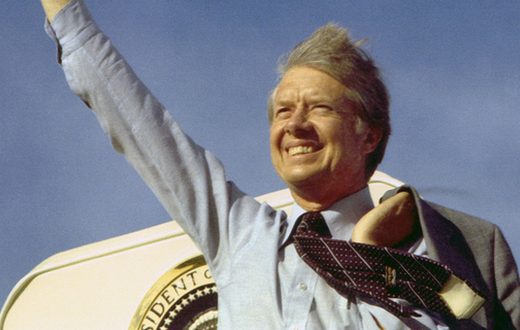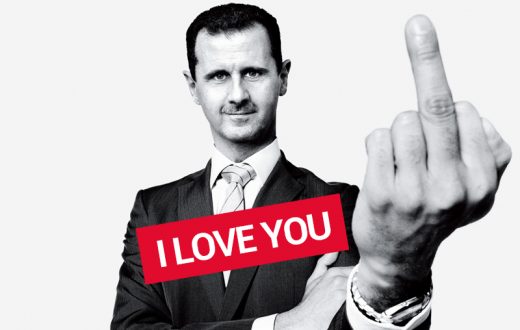Veteran Gambian politician and Member of Parliament Halifa Sallah has recently sparked off a storm of controversy following remarks he made in London where the renowned sociologist is said to have lamented the lack of system change in the Gambia though the county attained regime change at the ballot box last December.

The comments, which had seismic implications in Banjul and beyond, did not go down well with the Barrow Administration with the Office of the President issuing a strong-worded and a rare press release denouncing the remarks. The Presidency has labelled Mr. Sallah, who also serves as Secretary General of the Peoples Democratic Organization for Independence and Socialism, as someone who finds it easier to criticize rather than take responsibility, in a veiled reference to the latter’s refusal to take up a Cabinet portfolio upon the formation of the Coalition Government of which PDOIS is a part.
Situation in the Gambia, where critical thinking and outspokenness are misconceived as sabotage of the sitting government.
Current Situation in Gambia
Despite the storm the comments have generated, I personally believe that Sallah was partly right in his assessment of the situation in the Gambia, where critical thinking and outspokenness are misconceived as sabotage of the sitting government. The Facebook backlash was largely emotional, void of reasoning or a thorough research. As a result, I deem it imperative to unravel the terminologies involved in this debate and eventually determine whether or not the Gambia is witnessing system change. System change is defined as “change in organizational cultures, policies and procedures within individual organizations or across organizations, that enhance or streamline access and reduce or eliminate barriers to needed services by target population.”
On the other hand, regime change is defined as “the replacement of one regime with another. It can occur through conquest by a foreign power, revolution, an election, coup d’état or reconstruction following the failure of State.”
His ouster was regarded by many as a revolution given that regime change was a mere dream just few months ago ahead of the poll.
A Revolution?
Based on the definition above there is no doubt that the Gambia had witnessed regime change on December 1 following the presidential election that dislodged the long-term autocratic ruler Yahya Jammeh. His ouster was regarded by many as a revolution given that regime change was a mere dream just few months ago ahead of the poll.
The bone of contention lies with the system change. Sallah and his diehards are of the opinion that there has been no system change in the country referring to a catalog of factors that make them hold this view. The definition of system change involves a key term, which is cultural change. David Dressler and Donald Caens define cultural change as “the modification or discontinuance of existing ‘tried’ and ‘tested’ procedures transmitted to us from the culture of the past, as well as the introduction of new procedures.” From this definition one could agree with Sallah that the Gambia has a long way to go as far as system change is concerned.
The bulk majority of the civil servants swirling around President Barrow today are the same technocrats who have served the former despot
To rebut Sallah’s argument, the government’s press release referred to several changes it had put in place since coming to power, including freedom of expression, conducive business environment, reduction of fuel prices, improved ties with the international community, fiscal discipline, youth employment, public-private partnership, among others. Yes, while the government is making the right noises about change, the ones it has referred to are not sufficient enough to institute system change for we need to reengineer mindsets, first and foremost.
#OccupyWestfield Movement
The bulk majority of the civil servants swirling around President Barrow today are the same technocrats who have served the former despot and helped perpetuate him in power and prop up his repressive regime through subservience and sycophancy over two decades. Most of those technocrats need immediate transformation to set Barrow’s change agenda into motion. Recently, the government has denied the #OccupyWestfield Movement permit to protest under the pretext of Public Order Act which was enacted by the former regime to kerb any form of dissent against the government. The movement was planning to stage a peaceful march to express frustration over erratic power supply in the country.
Since the new government came to power, there has been no organizational restructuring with the ministries and key government departments remaining unchanged. Even the merger of ministries that the former ruler has put in place remained the same. This is partly attributable to the inexperience of the new administration coupled with the high expectations pinned on it while the change is a gradual process. Equally, the legacy of 22 years is hard to purge or erase over night.
Gambians need to show respect to each other in order for all to express themselves without prejudiced or being insulted. In a democracy, people need to embrace convergent and divergent views to promote health debates.
I remain quite optimistic that the Gambia will eventually see system change provided that people embrace change by resetting their mindsets!
Basidia Drammeh








